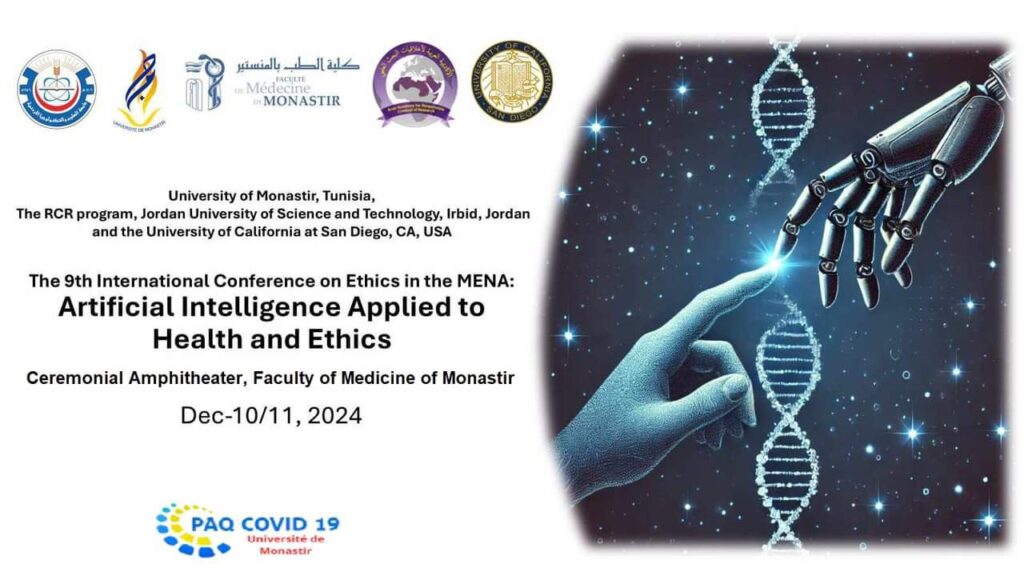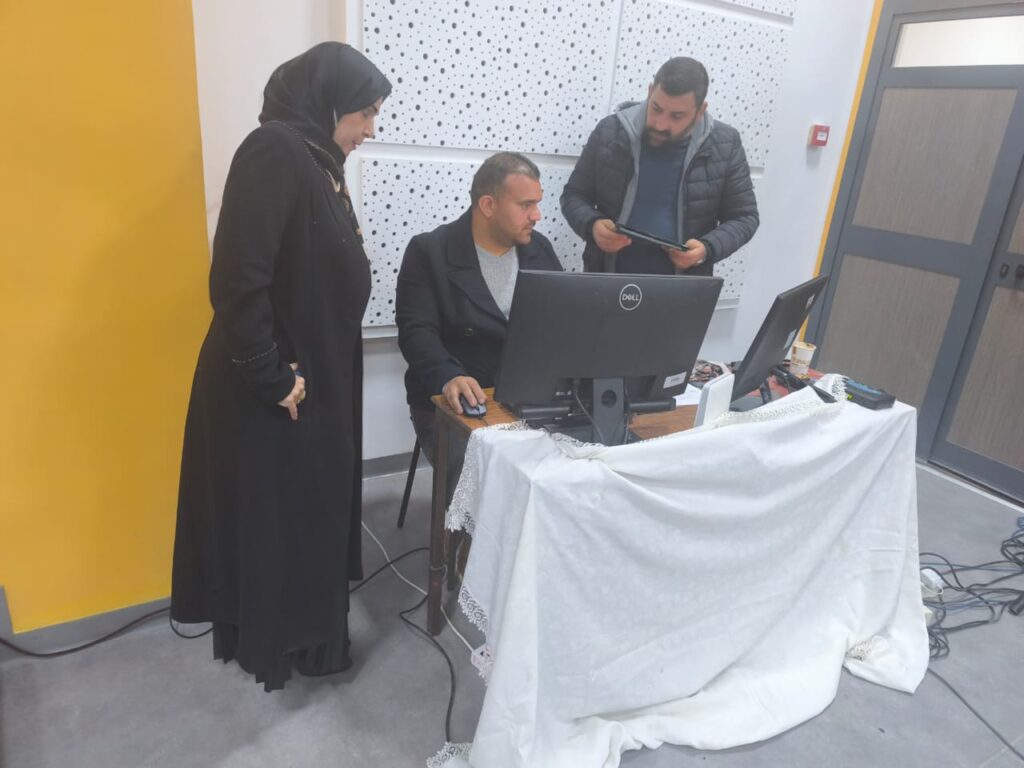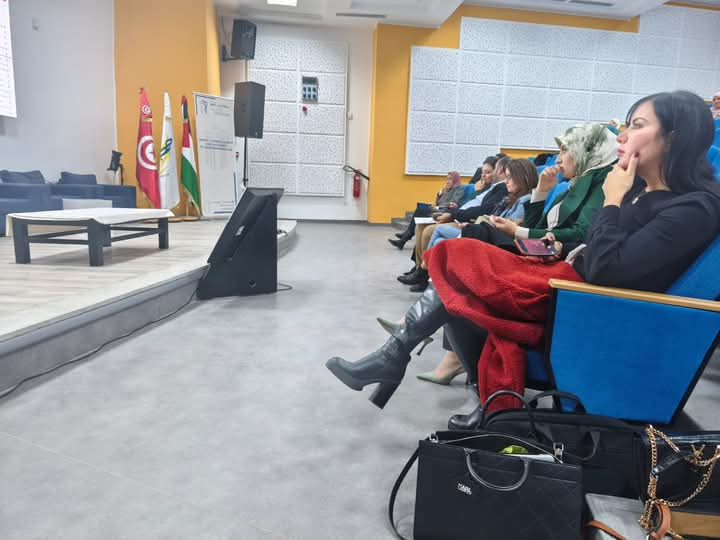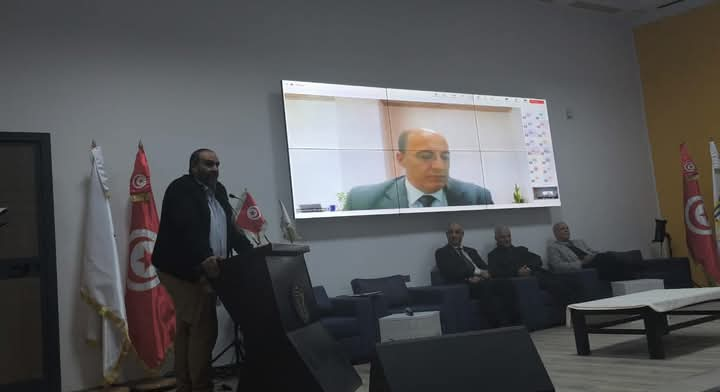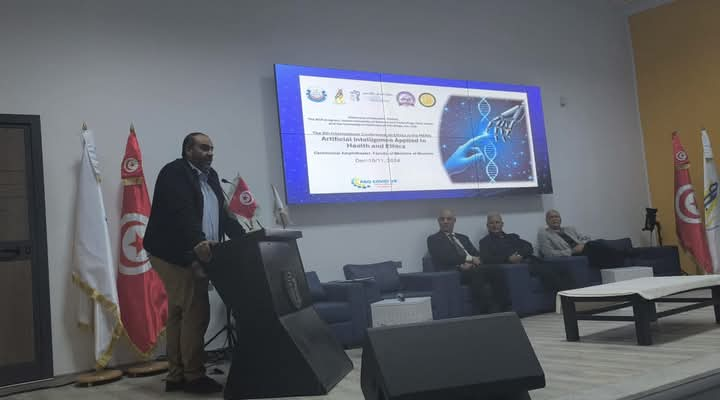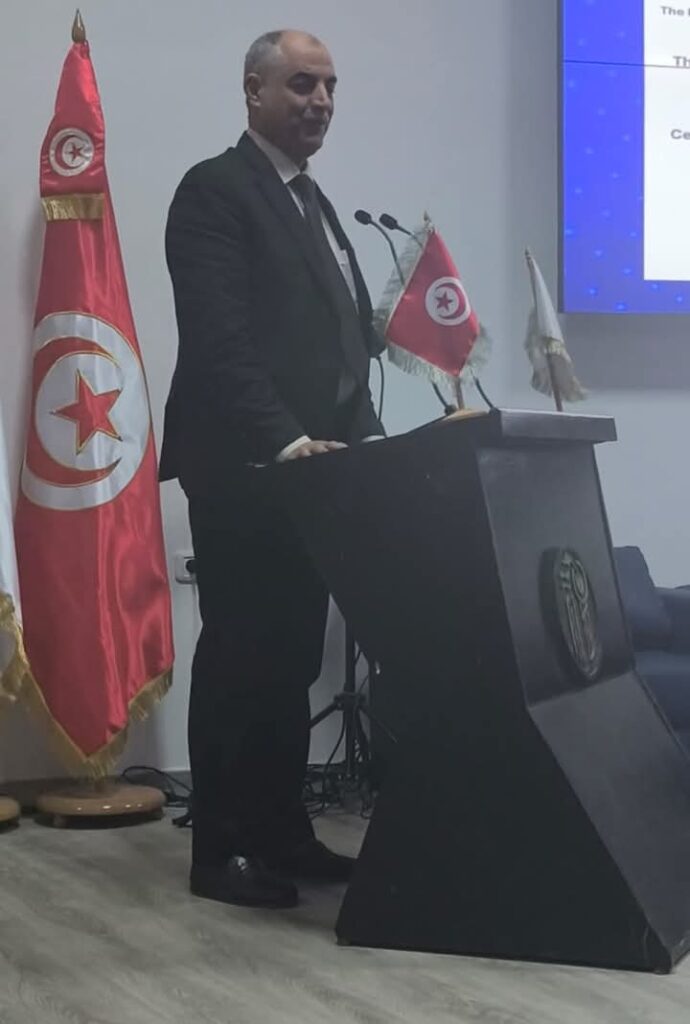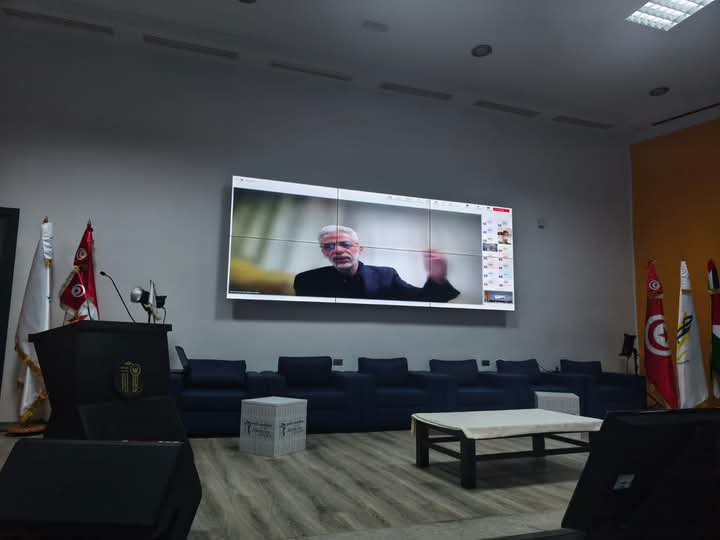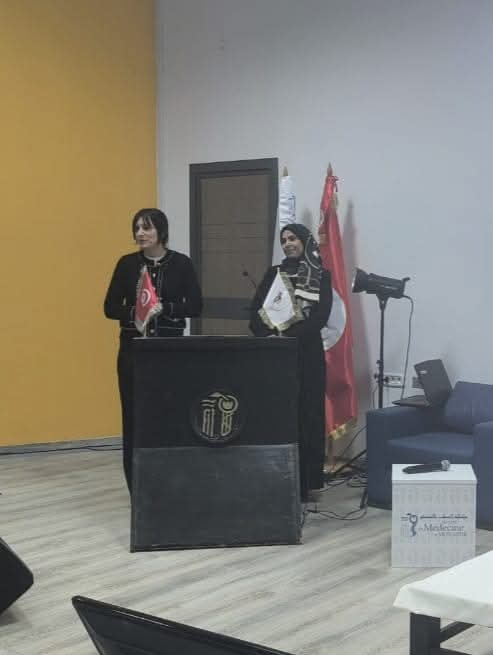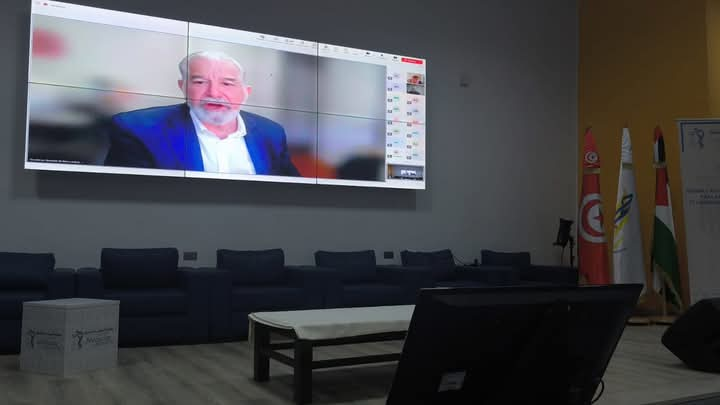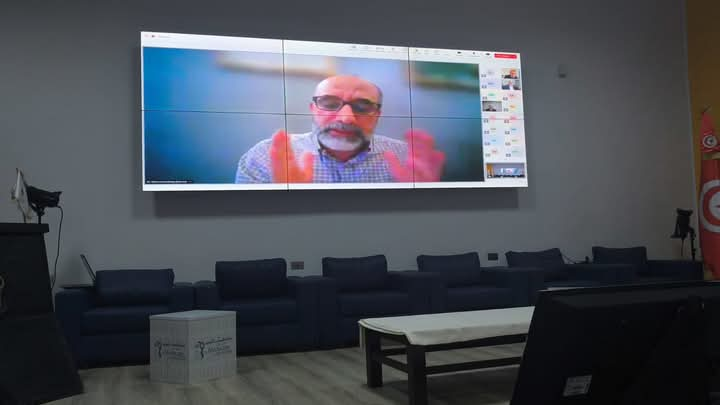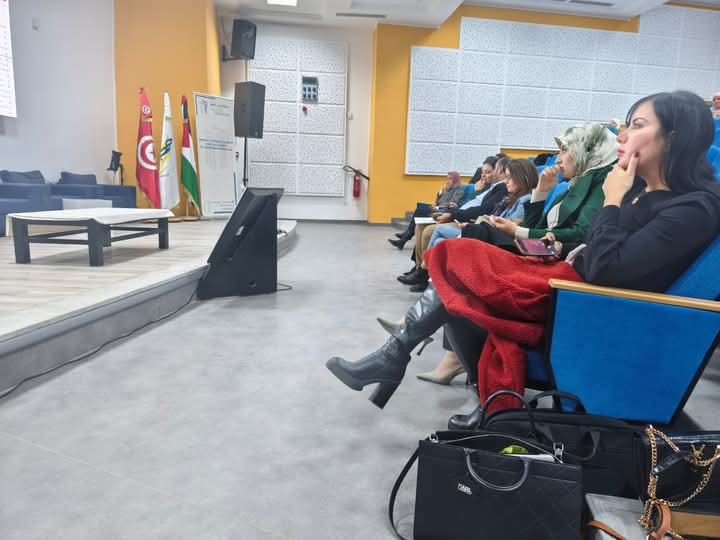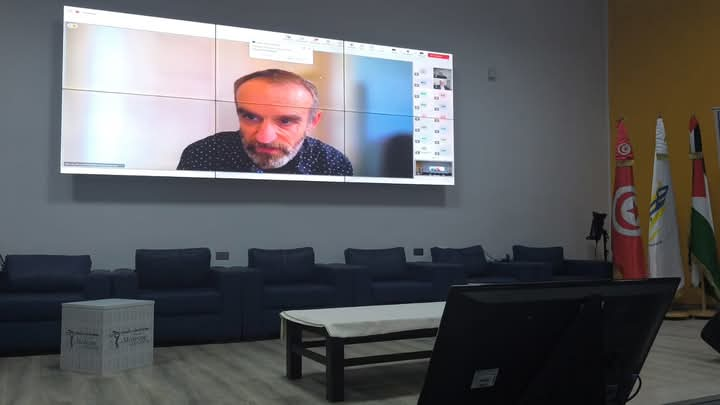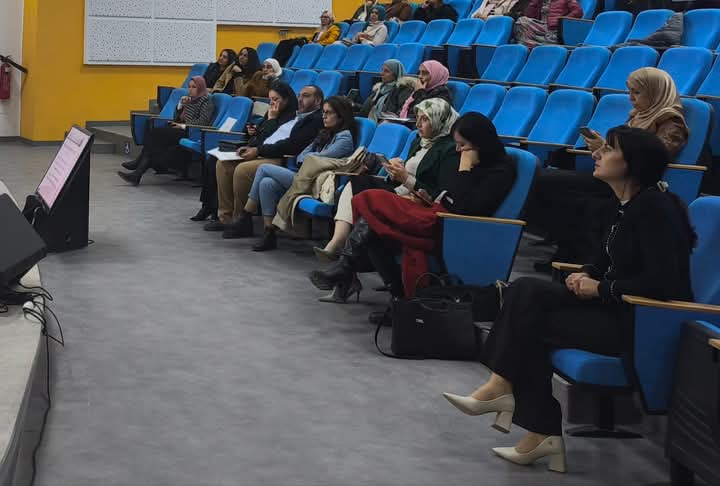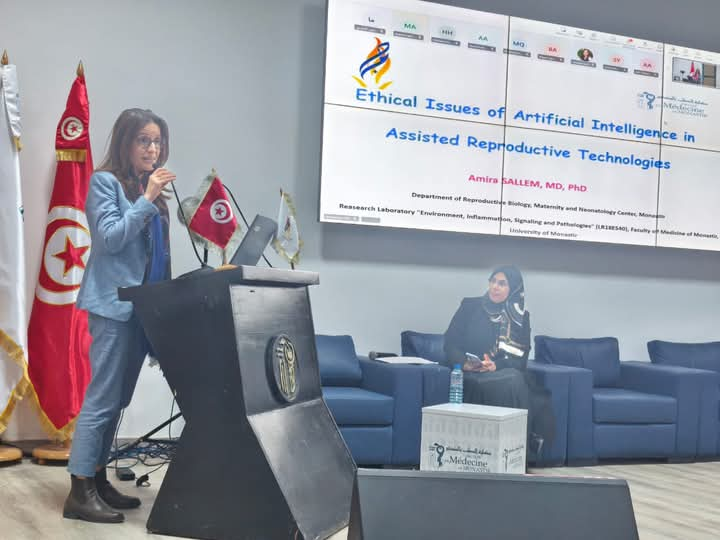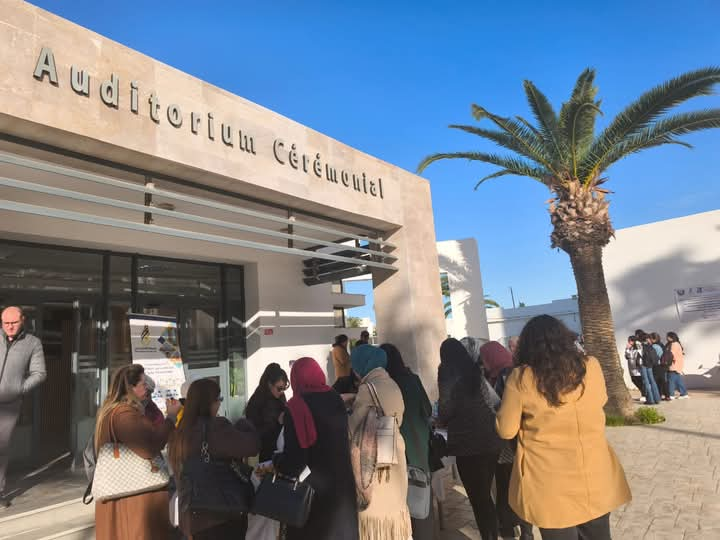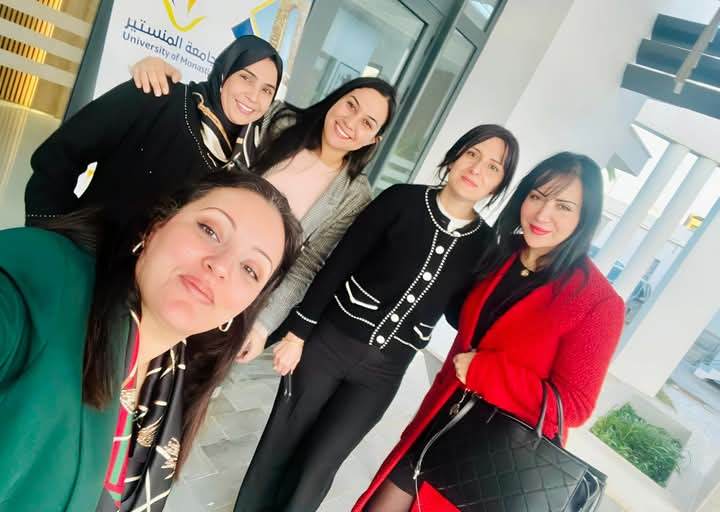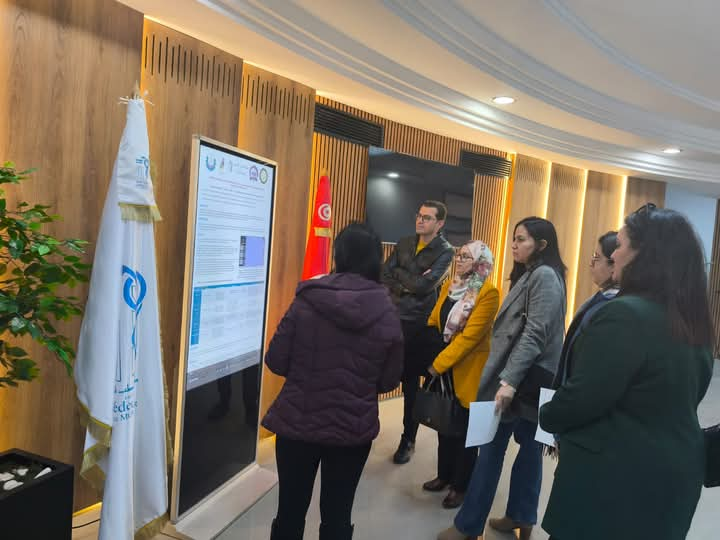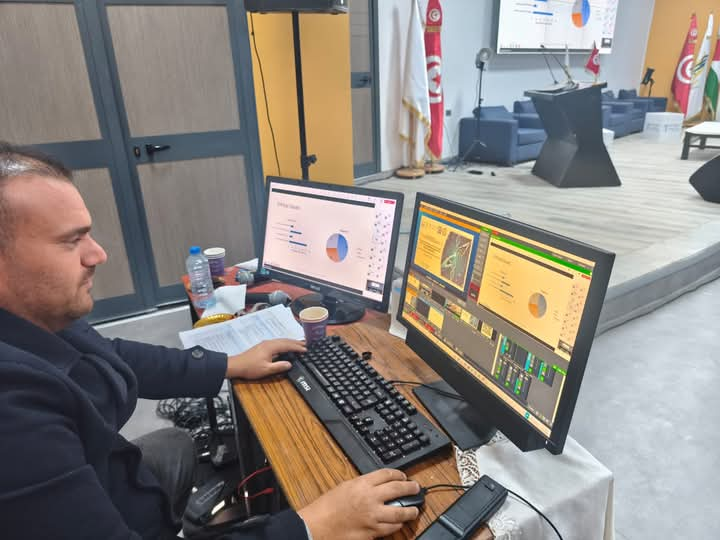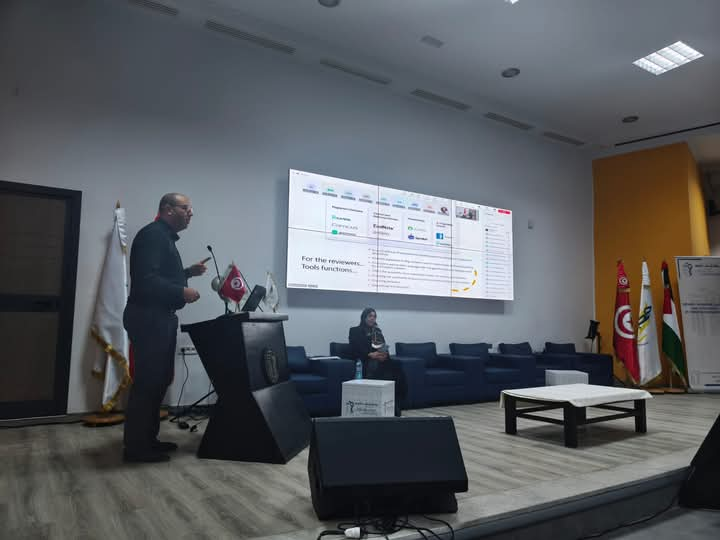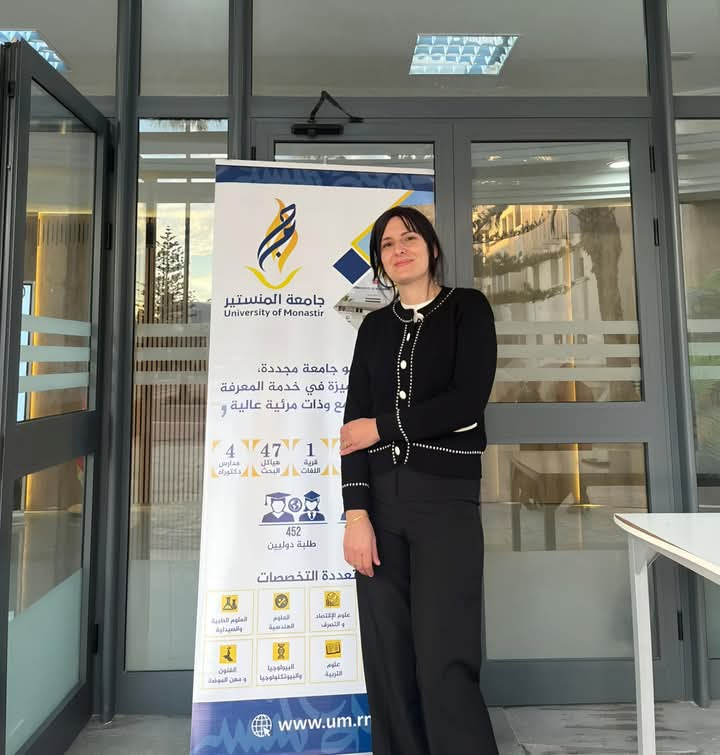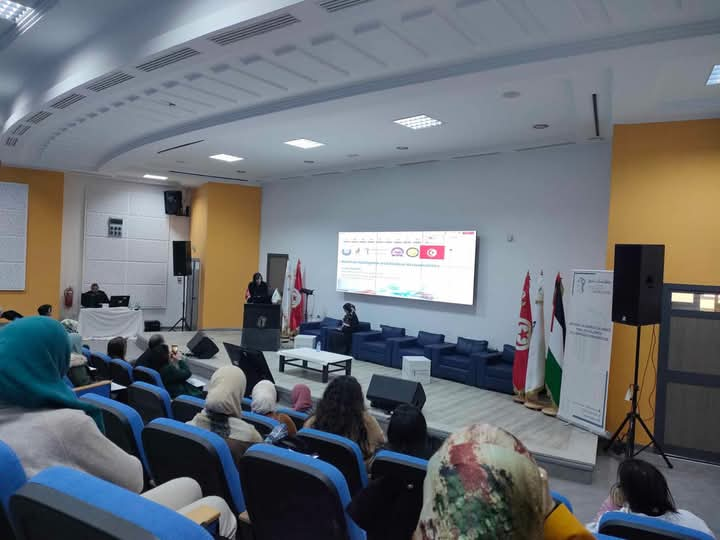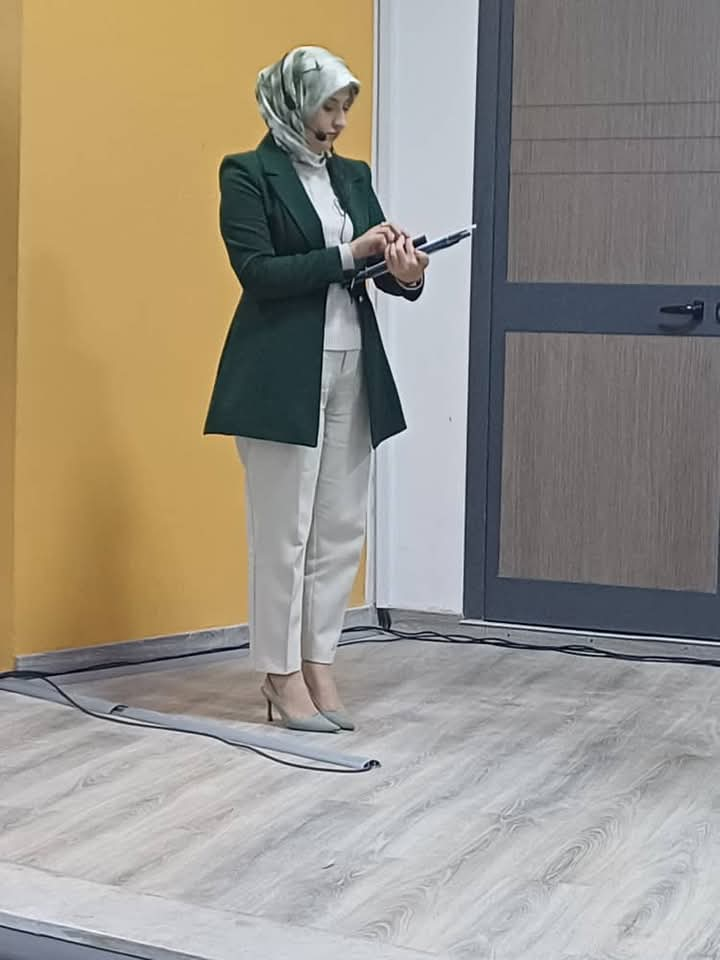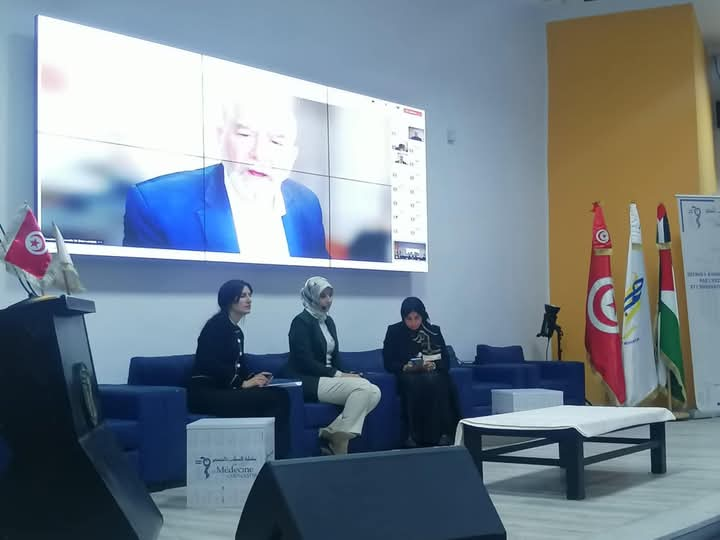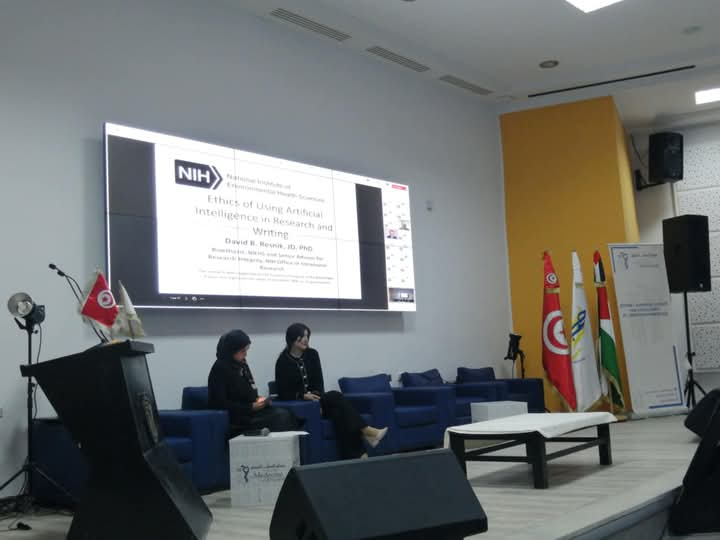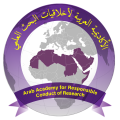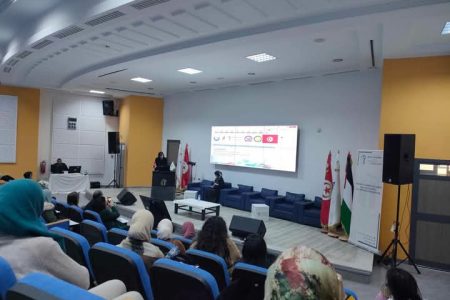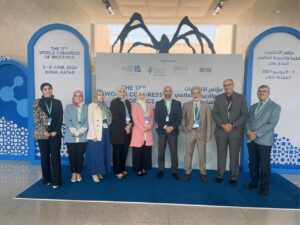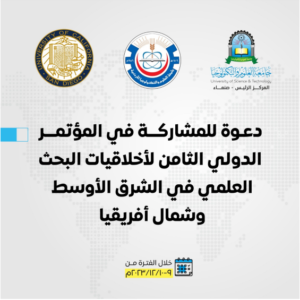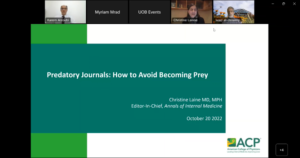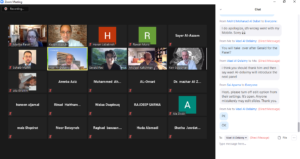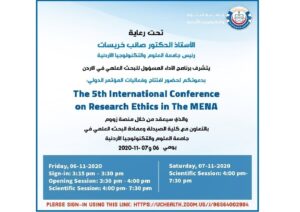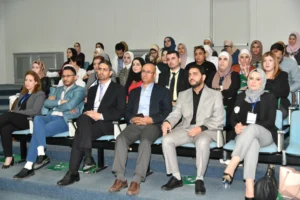The 9th International Conference on Ethics in the MENA Region, held at the Faculty of Medicine of Monastir, Tunisia, kicked off with great success on December 10, 2024. The opening session, which took place from 11:30 AM to 12:30 PM, set the tone for the rest of the conference, focused on the intersection of artificial intelligence (AI), healthcare, and ethics.
The event began with a sign-in session at 11:30 AM, where participants from around the globe gathered to engage in the two-day event that would explore crucial topics at the intersection of AI and medical research.
Keynote and Opening Remarks
The session officially commenced at 12:00 PM with two significant directive talks. The first address was delivered by Professor Kamel Charrada, the President of the University of Monastir, Tunisia. Professor Charrada shared his perspective on the importance of ethics in AI and healthcare, highlighting how such discussions are critical to shaping the future of medical research and healthcare policies in the MENA region.
Next, Professor Charfeddine Amri, the Dean of the Faculty of Medicine of Monastir, took the stage. His speech underscored the university’s commitment to fostering academic collaboration and ethical research practices within Tunisia and across the global academic community.
Following the directive talks, the audience was addressed by Professor Wael Al-delaimy, Director of the Responsible Conduct of Research Program at the University of California, San Diego (UCSD), USA. Professor Al-delaimy provided valuable insights into the role of responsible conduct in scientific inquiry and the ethical challenges faced by researchers, especially in the rapidly evolving field of AI.
The opening session concluded with welcoming remarks from Professor Karem Alzoubi, Co-Director of the Responsible Conduct of Research Program at the Jordan University of Science and Technology (JUST), Jordan. Professor Alzoubi expressed gratitude to all the participants and speakers, emphasizing the importance of international cooperation in addressing ethical dilemmas in AI and healthcare.
An Engaging Start to the Conference
The conference officially transitioned into its first substantive session at 12:30 PM, which focused on the application of AI in healthcare and the ethical considerations that arise from its use. Co-chaired by Professors Wael Al-delaimy, Karem Alzoubi, and Dr. Zouhour Ouanes, the session featured a series of thought-provoking presentations.
The first presentation by David B. Resnik, J.D., Ph.D., Bioethicist at the National Institute of Environmental Health Sciences, Durham, NC, USA, addressed the ethics of using AI in research and writing. His insights laid the groundwork for the subsequent discussions on AI’s role in research integrity.
Dr. Mohammed Ghaly, a leading expert in Islamic biomedical ethics, then took the stage to discuss the Islamic perspectives on medical accountability in the age of AI. His presentation provided a unique lens through which to examine the complex ethical questions posed by AI’s integration into healthcare systems.
The session culminated in a lively discussion panel, which included Dr. Ghaly, David B. Resnik, and Kenneth Goodman, Professor and Director of the Institute for Bioethics and Health Policy at the University of Miami, FL, USA. The panelists engaged in an in-depth conversation about the ethical implications of AI in healthcare, drawing on their diverse backgrounds to offer a broad range of perspectives.
A Smooth Transition to the Next Phase
As the first day of the conference continued into the afternoon, the discussions on AI and medical accountability continued to unfold. The topics ranged from AI’s role in peer review processes to the ethical considerations surrounding AI in assisted reproductive technologies.
The afternoon also featured a session on AI tools, including a presentation on ChatGPT’s impact on research and ethical considerations surrounding its use in academic writing. Experts from institutions such as the University of Monastir, the Jordan University of Science and Technology, and the University of Alexandria contributed to a robust and intellectually stimulating dialogue.
Looking Ahead
The successful completion of the opening session set the stage for an exciting and engaging series of presentations and discussions throughout the conference. The conference continued into the following day, December 11, with a focus on the responsible conduct of research, which promises to offer further in-depth insights into ethical research practices, particularly in the context of the MENA region.
With such a strong start, the 9th International Conference on Ethics in the MENA Region is sure to be a landmark event, fostering collaboration, discussion, and the development of ethical frameworks that will shape the future of AI and healthcare.
We look forward to seeing the outcomes of the ongoing discussions and the recommendations that will emerge from this important gathering.
